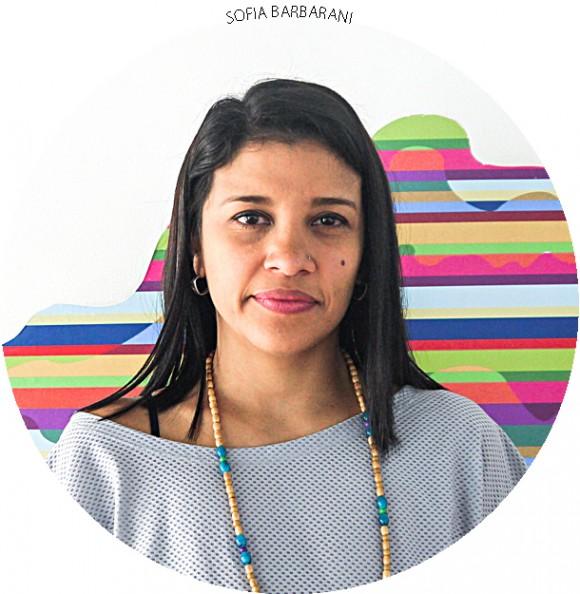CARACAS, Venezuela—Venezuelans celebrated Christmas in the aftermath of violent protests and looting that broke out in some parts of the country, following cash shortages.
The government’s decision to eliminate the largest denomination bill before the arrival of new, larger bills was the latest in a series of financial missteps in what is already a 3-year-long, crippling financial crisis.
President Nicolás Maduro has since backtracked, telling Venezuelans to continue using the 100-bolivar notes—worth a mere 4 U.S. cents on the black market—until Jan. 2.
But most Venezuelans had already been left cashless after a mad rush to deposit wads of soon-to-be-worthless bills in banks, with the promise that they would soon receive the new 500-, 2,000-, and 20,000-bolivar notes.
As 2016 draws to a close, Venezuelans look back on a year marked by food and medical shortages, as well as skyrocketing inflation and criminality, including violent kidnappings.
“The day to day is about survival. I feel like we don’t live,” said 36-year-old Adriana Arias.
Arias is part of Venezuela’s educated middle class, a group vanishing as the country’s financial woes drag average-income families into poverty.
“Over the past three years … all of the bad things that came from [former president] Chávez’s government increased with Maduro’s government,” said Arias. “These people [the government] sold a socialist idea where we could all be equal. They made us equal, by making us all poor.”

